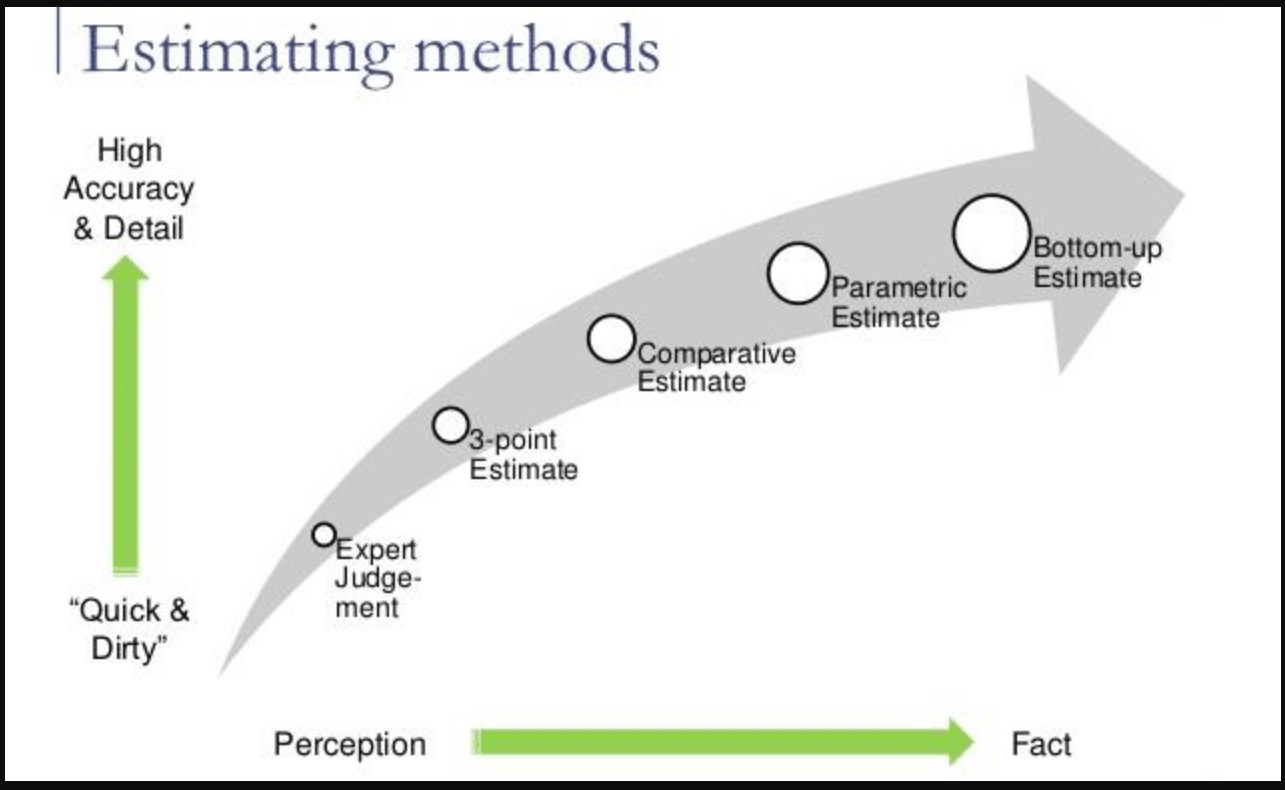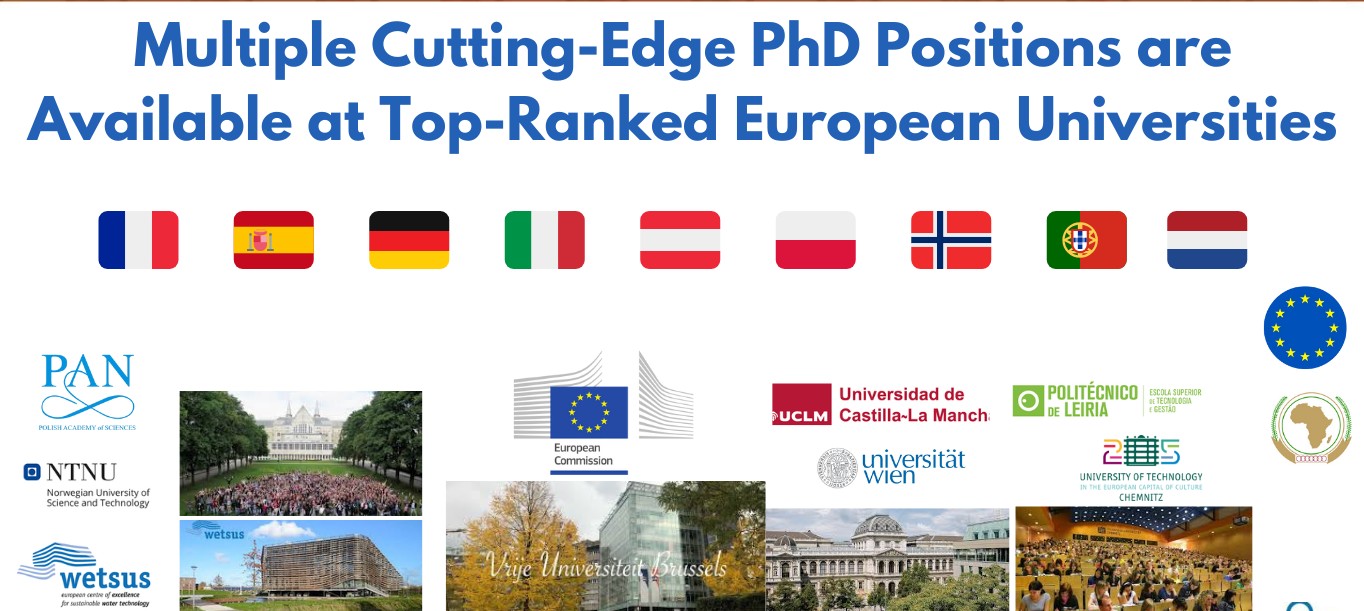Peace, justice, and good governance are the foundations upon which sustainable development is built. Without peace, there can be no stability; without justice, no fairness; and without strong institutions, no trust or accountability. The sixteenth Sustainable Development Goal (SDG 16) — Peace, Justice and Strong Institutions — calls for the promotion of peaceful and inclusive societies, the provision of access to justice for all, and the establishment of effective, accountable, and inclusive institutions at all levels.

This goal is central to the entire 2030 Agenda, as it creates the enabling environment necessary for the achievement of all other SDGs. Conflict, corruption, weak institutions, and human rights abuses remain major barriers to sustainable development. According to the United Nations Development Programme (UNDP, 2023), over 70% of fragile and conflict-affected countries lag behind on nearly all SDGs. Therefore, SDG 16 seeks to build societies grounded in fairness, law, transparency, and civic participation.
Understanding SDG 16
SDG 16 recognizes that sustainable development cannot be achieved without peace and that peace is unsustainable without justice and strong institutions. Peaceful societies ensure human security, protect rights, and allow citizens to participate in governance. Justice systems uphold equality before the law and protect the vulnerable. Strong institutions — such as courts, legislatures, and public administrations — ensure accountability and transparency, reducing corruption and abuse of power.
In today’s interconnected world, new threats such as terrorism, cybercrime, organized crime, and disinformation challenge governance and peace. Addressing these issues requires cooperation among governments, civil society, and international organizations to promote rule of law, access to justice, and effective governance.
Targets of SDG 16
The United Nations has identified several key targets to be achieved by 2030:
- Significantly reduce all forms of violence and related death rates everywhere.
- End abuse, exploitation, trafficking, and all forms of violence against children.
- Promote the rule of law at the national and international levels and ensure equal access to justice for all.
- Reduce illicit financial and arms flows, strengthen the recovery of stolen assets, and combat organized crime.
- Substantially reduce corruption and bribery in all their forms.
- Develop effective, accountable, and transparent institutions at all levels.
- Ensure responsive, inclusive, participatory, and representative decision-making.
- Broaden and strengthen the participation of developing countries in global governance institutions.
- Provide legal identity for all, including birth registration.
- Ensure public access to information and protect fundamental freedoms, in accordance with national laws and international agreements.
- Strengthen national institutions to prevent violence, combat terrorism, and promote human rights.
- Promote non-discriminatory laws and policies for sustainable development.
These targets emphasize that peace and governance are not only the responsibility of governments but of all sectors of society.
Global Progress and Challenges
While some regions have made progress toward reducing conflict and corruption, global peace remains fragile. The Global Peace Index (2024) indicates that the world is experiencing the highest levels of violent conflict since the end of World War II, with wars, political instability, and terrorism displacing millions. Civil conflicts in parts of Africa, the Middle East, and Eastern Europe have caused immense human suffering and economic setbacks.
Corruption and weak institutions continue to undermine trust in governance. According to Transparency International (2023), over two-thirds of countries scored below 50 on the Corruption Perceptions Index. Corruption diverts public resources from essential services like education and healthcare, deepening inequality and fueling instability.
Access to justice remains limited for billions. In many countries, marginalized groups, women, and the poor face discrimination and procedural barriers when seeking legal recourse. Meanwhile, the digital age has brought new threats — misinformation, data breaches, and cyberattacks — that challenge governance and public confidence. The COVID-19 pandemic further exposed institutional weaknesses, emphasizing the need for inclusive governance and social protection systems.
Strategies for Achieving SDG 16
- Strengthening Rule of Law and Judicial Systems
Building independent, efficient, and accessible judicial systems ensures equality before the law. Legal aid programs, human rights commissions, and community-based justice mechanisms can improve access to justice, particularly for marginalized populations. - Reducing Violence and Promoting Peacebuilding
Conflict prevention through dialogue, mediation, and inclusive governance is more effective and less costly than post-conflict reconstruction. Supporting disarmament, rehabilitation, and reintegration programs for affected communities enhances long-term peace. - Combating Corruption and Promoting Transparency
Governments must implement anti-corruption frameworks, ensure transparency in public procurement, and promote open data policies. Digital governance tools like e-procurement and blockchain can enhance accountability. - Building Effective and Inclusive Institutions
Institutions should reflect diversity and inclusivity in representation and decision-making. Public service reforms can professionalize civil administrations and strengthen accountability. - Ensuring Access to Information and Fundamental Freedoms
Freedom of expression, press, and information are essential pillars of democracy. Protecting journalists, whistleblowers, and human rights defenders fosters civic engagement and checks on power. - Promoting Legal Identity and Civil Registration
Legal identity through birth registration empowers individuals to access education, healthcare, and financial services. Digital identification systems, when implemented ethically, enhance inclusion and governance. - Empowering Civil Society and Local Governance
Community organizations, NGOs, and local councils play vital roles in promoting transparency and service delivery. Decentralization and participatory budgeting can strengthen local democracy. - International Cooperation for Peace and Justice
Global governance reforms are needed to give developing countries a stronger voice in international decision-making. Collaboration on anti-money-laundering, counterterrorism, and global justice initiatives enhances global peace.
Case Studies and Best Practices
- Rwanda has rebuilt peace and reconciliation through community-based justice systems (Gacaca courts) and inclusive governance.
- Estonia exemplifies transparency and efficiency through e-governance, enabling citizens to access services and participate in decision-making online.
- Costa Rica, without a standing army, invests heavily in education and justice, maintaining one of the highest peace indices globally.
- Tunisia’s democratic transition, supported by inclusive dialogue, highlights the power of civic participation and institutional reform.
The Way Forward
To achieve SDG 16, nations must move beyond rhetoric and institutionalize peace, justice, and accountability. Building trust between governments and citizens is essential. Policies must prioritize human rights, gender equality, and transparency. Education in civic responsibility, ethics, and law can cultivate a culture of peace and respect.
At the global level, cooperation is vital to address cross-border challenges — from terrorism and corruption to climate-induced conflicts. Multilateral institutions such as the United Nations, World Bank, and International Criminal Court (ICC) play critical roles in promoting justice, peacebuilding, and governance capacity.
Conclusion
SDG 16: Peace, Justice and Strong Institutions embodies the moral and political foundation of the 2030 Agenda. Without peace and justice, progress on all other goals becomes impossible. Strong institutions ensure equality, protect rights, and empower citizens to shape their destinies.
Achieving this goal requires integrity, inclusivity, and collective will — from policymakers to ordinary citizens. Peace is not merely the absence of war; it is the presence of justice, fairness, and trust. By building transparent and accountable institutions, societies can lay the groundwork for lasting peace and sustainable development for generations to come.



















